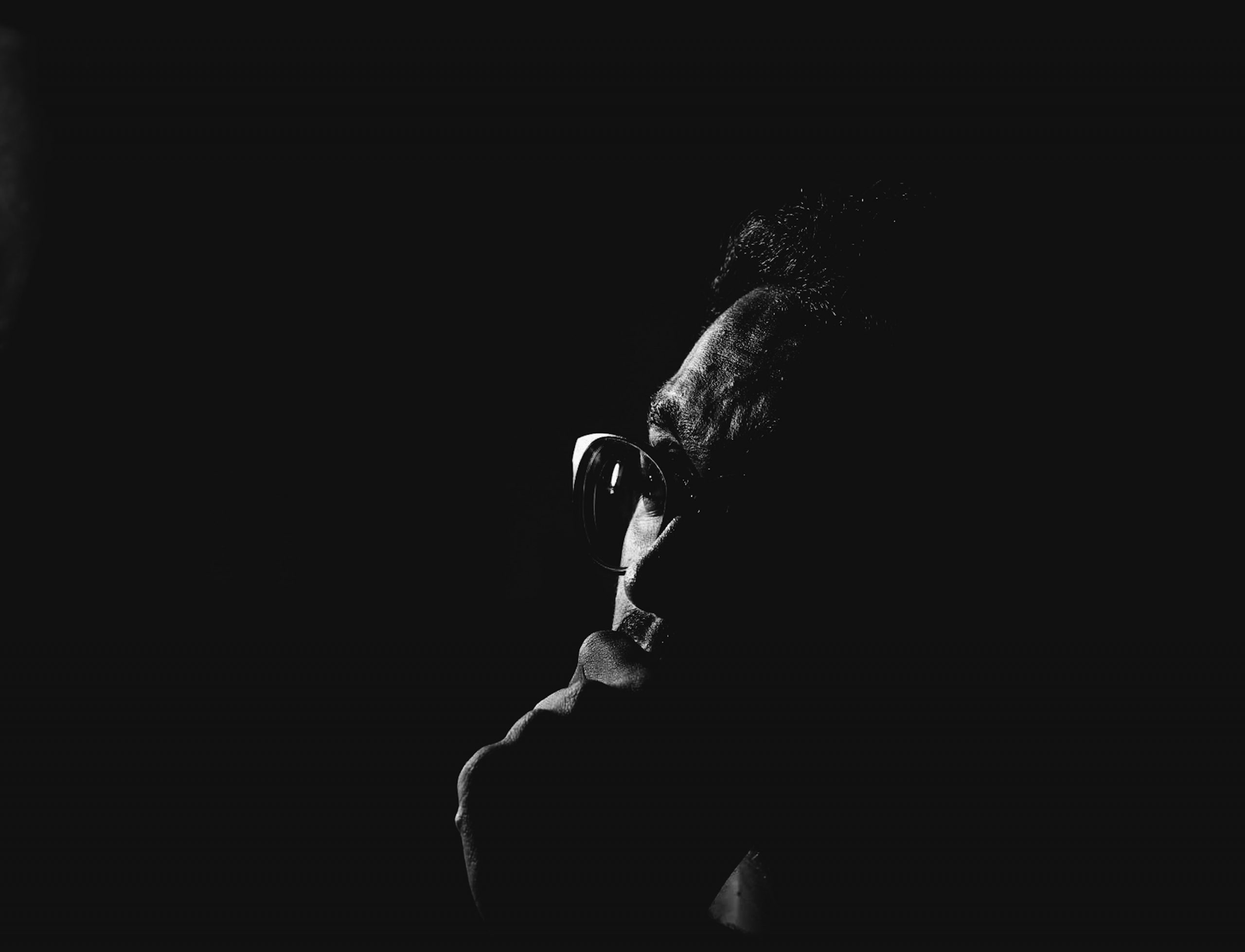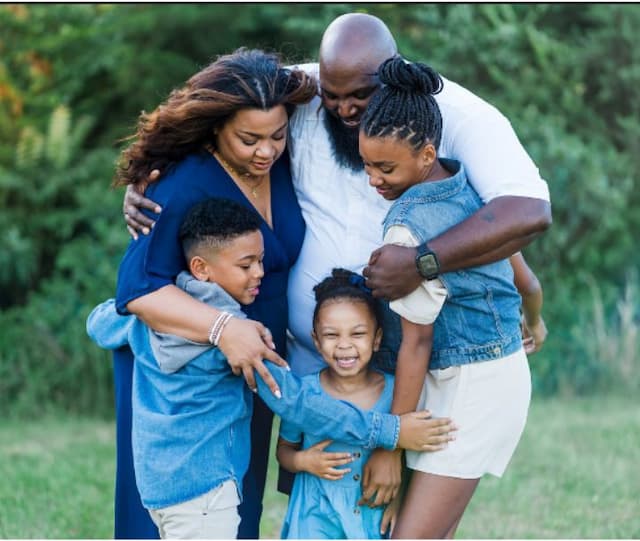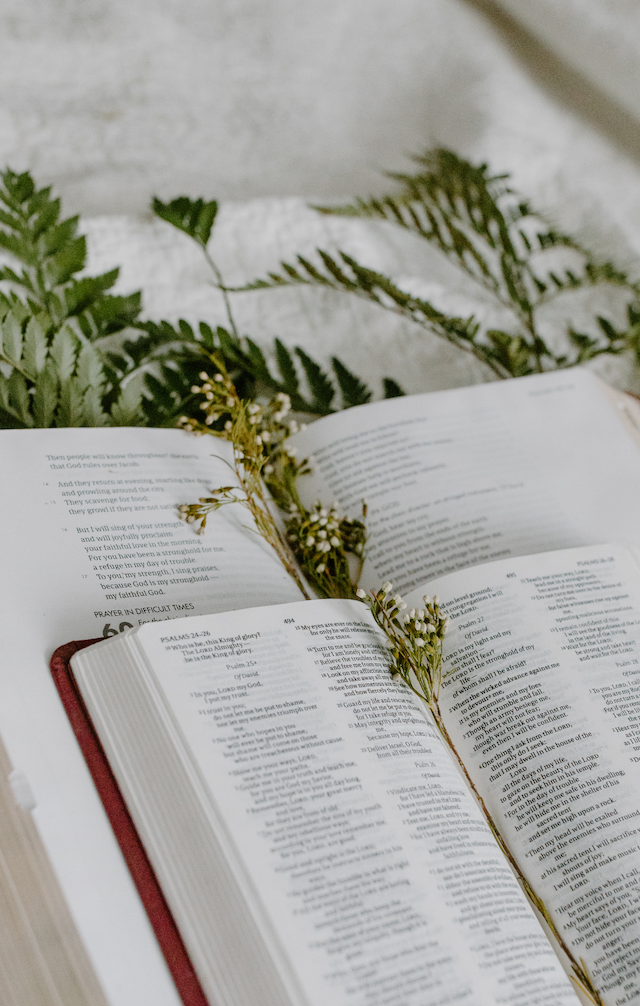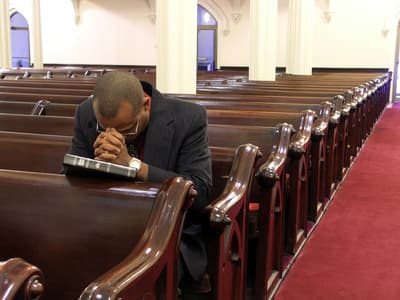It's Okay to Have Doubts

It’s okay to doubt. To question. To explore. To implore! Having doubts is not the same as unbelief. We are disciples of Christ, after all, and the definition of disciple (mathétés) is “learner, pupil.”
Pupils learn through asking questions, and, for some of us, doubts are an integral part of our spiritual learning, part of our lifelong learning curve. As pastor and author Timothy Keller says: “A faith without some doubts is like a human body without any antibodies in it. People who blithely go through life too busy or indifferent to ask hard questions about why they believe as they do will find themselves defenseless against either the experience of tragedy or the probing questions of a smart skeptic. A person’s faith can collapse almost overnight if she has failed over the years to listen patiently to her own doubts, which should only be discarded after long reflection.”
There is just one caveat: doubters need to exercise caution regarding the direction their doubts take them. If towards God and learning what His Word has to say about a certain subject, then their doubts will eventually turn into lasting convictions and a stronger, more mature faith. If away from God, however, doubts will, yes, eventually lead them toward the dangerous precipice of unbelief.
To understand the difference between the two—doubt and unbelief—it’s helpful to know their definitions in the original Greek.
Doubt (distazo): “to waver, vacillate, hesitate; going two ways, shifting between positions (views, beliefs)”
Unbelief (apistia): “want of faith; properly, without faith; distrust”
Unbelief describes those who are “without faith.” In Scriptural terms, they are those called “unsaved,” “pagans,” “foreigners.” In Jesus’s own words, they are the ones “not among my sheep” (John 10:26).
Unbelief is the complete absence of belief (“trust, faith”) in God as Sovereign Creator and Ruler, and in Jesus Christ as the Son of God and as Savior and Lord. It is also the absence of belief in the Word; the Good News.
In practical terms, unbelief is hard-heartedness. It shakes its proverbial fist at God, saying, “You will not rule me!” Unbelief will neither bow the knee to nor come under the authority of God. It refuses to submit because it distrusts God; and, in that respect, unbelief is sin. And if not repented of, it will lead to eternal death and hell.
Doubt, on the other hand, is not a matter of distrust in God and, therefore, it is not considered sin. Sincere doubters typically want to know; they yearn to know. And they will seek out the answers to their doubts through questioning and earnestly searching the Scriptures. They scour books and talk to knowledgeable experts. They want to submit, they just have a hard time understanding why and how, and thus hesitate to make a decision. So they persist in asking questions — lots of questions: Does God exist? Does He really care about me? Do I mean anything to Him? What is my purpose here on this earth? Why did God make me? Does He love me, especially with all the sins I’ve committed in the past and those I still commit? Will He ever forgive my sin of _______? Can God use me even though I’m inadequate and feel like a failure? Why is there so much evil in this world? Why doesn’t God do something about it? Why does He save some people and not others?
Yes, doubters can ask questions. Good questions. Deep questions. Heart-wrenching questions. And then they wrestle with the answers. Wavering and hesitating. But only momentarily, because undergirding their doubt is the want of belief, even if it’s as tiny as a mustard seed.
And if they cannot find answers to their questions, they are not shaken to the point of faith-abandonment. A doubter’s faith is able to “remain in the dark” on certain subjects and issues and wait patiently until that Day when God will bring all things to light, when their knowledge will finally be complete.
Do you have doubts? Take them to God. Search and exhaust the Scriptures until you either find the answer or find peace in trusting God wholly with the unknowable and the unanswerable.
And one Day, all our doubts and questions will be fully satisfied and answered, But, frankly, at that time, we won’t even care anymore.
Be blessed. Be encouraged.




